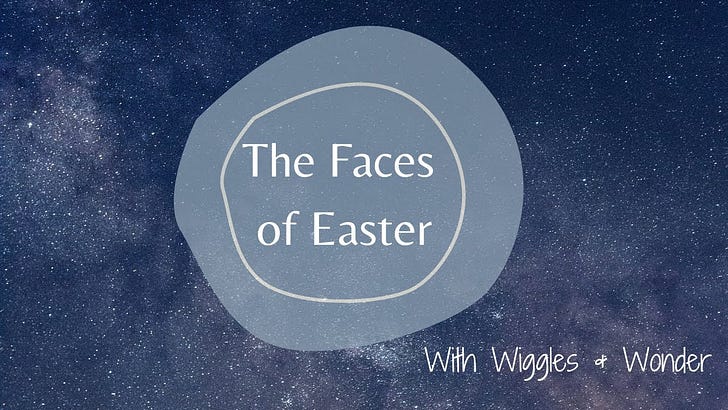Dear Friends,
I am coming off of, well, a lot of Zoom sessions in the last few days – certainly more than I normally have. In the last one, however, someone mentioned what seems to be a bit of a theme this year: that we never really finished last year’s Lent. It’s just gone on, becoming the Lent that never ends (*cue singing of “This is the Song that Never Ends”*)
Here in New England, my congregation closed its physical doors partway through Lent 2020, and so they remain. Back in those vaguely more hopeful days, I ordered one of Illustrated Ministry’s mosaic posters to make as a congregation upon our return. Who we’ll be – as individuals and as a community – when we return remains to be seen.
The thing about Lent this year is that, if we are to weigh the actions we are called to perform – to pray, to give alms, and, particularly, to fast and to recall our mortality, as we do on Ash Wednesday –it just feels like too much. To have any more conversations about death and loss and giving things up. Isn’t that all we’ve done for the last year?
Instead of giving something up, many people I know choose to take on new practices during Lent, or to use the idea of a fast metaphorically, such as by fasting from cruel words or negativity. But again, haven’t we all reinvented our lives a dozen times over in the last months? What more could we do as new practices go?
In these difficult times, I would encourage us to look at the full passage of Isaiah 58, beyond the most commonly cited verse,
“Is this the kind of fast I have chosen,
only a day for people to humble themselves?
Is it only for bowing one’s head like a reed
and for lying in sackcloth and ashes?
Is that what you call a fast,
a day acceptable to the Lord?”
Instead of reading this passage narrowly, I encourage you and your family to draw closer to God through good works, however those look in your life and your community. That, says this same passage in Isaiah, will lift us up and restore us. Likely you’ve felt this before; it is the natural fruit of kindness. Lent offers us an opportunity to be intentional in these actions, and in doing so,
“The Lord will guide you always;
he will satisfy your needs in a sun-scorched land
and will strengthen your frame.
You will be like a well-watered garden,
like a spring whose waters never fail.
Your people will rebuild the ancient ruins
and will raise up the age-old foundations;
you will be called Repairer of Broken Walls,
Restorer of Streets with Dwellings.”
As we begin our journey into Lent, I will be sharing the Godly Play story, The Faces of Easter. This first installment is brief, but it’s one of my favorites when it comes to language. “In the beginning, the baby was born. God chose Mary to be the mother of God… and the Word came into the world a wordless child.”
Remembering the Christ child, small and vulnerable, the Word without words, this week I encourage your families to consider ways you might pray without words. Praying in Color offers wonderfully resources, but depending on the weather, you might consider walking prayers – especially if you have a nearby labyrinth, use a finger labyrinth, or make other kinds of art. Prayer is about the posture of our hearts, not about what we do.
Whether this feels like the Lent that never ends or you’re feeling renewed by the changing seasons of the church year, know that we are all traveling this road together. Look for what feels possible. This week, we’ll start with something small, wordless, like a baby.
Peace,
Bird



